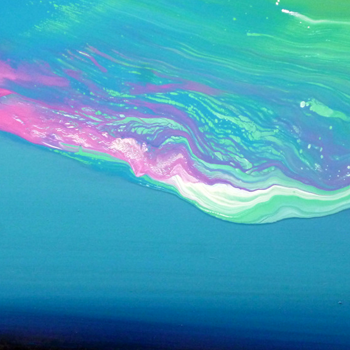When 50 mL of liquid water at 25 °C is added to 50 mL of ethanol (ethyl alcohol), also at 25 °C, the combined volume of the mixture is considerably less than 100 mL. What is a possible explanation for this?
1 Answer
Alcohol and water are no-additive volumes.
Explanation:
Alcohol and water are no-additive volumes due that alcohol is soluble in water; alcohol molecules occupies water voids via H-bonds.
Here are two ways to calculate present question ( I am not going to explain the theory):
(Water density = 0.99705 g/cc; Ethanol density = 0.78522 g/cc)
Data,
Water grams = .99705
Ethanol grams = .78522
From literature can be found the MIXTURE DENSITY @ 44%wt (25 C) of Ethanol
Finally, for two mixed volumes of 50 ml/each:
(Water = 17.9 ml/mol; Ethanol = 55 ml/mol)
Water moles = .99705
Ethanol moles = .78522

